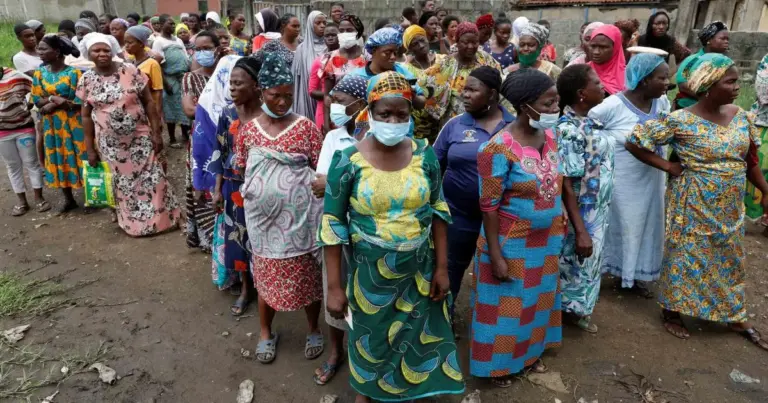Nigeria’s recent economic stability is drawing cautious praise from experts, but many citizens remain locked in hardship, highlighting the gap between macroeconomic progress and everyday realities.
Former National Bureau of Statistics (NBS) boss, Yemi Kale, has warned that while the economy can now be described as “stable,” this does not mean ordinary Nigerians are feeling any relief.
According to Kale, stability in economics simply means the turbulence has eased — inflation, currency, and GDP are no longer swinging wildly, allowing businesses and investors to operate with more confidence. But for families already burdened with high prices, stability may only mean that the suffering is no longer worsening at the same speed.
“Inflation dropping from 25% to 12% may look good on paper, but if the price of food, rent, or transport remains far higher than previous years, families still struggle,” said Kale, who now serves as chief economist at Afreximbank.
He explained that stability tends to reward investors and companies first, often reflected in better profits and improved forecasts, while households wait months or years before they see cheaper goods, higher wages, or new job opportunities.
Kale likened stability to calming a rocking boat: “The waters may stop shaking, but people remain far from the shore.”
This cautionary note comes as international voices, including World Trade Organisation (WTO) chief Ngozi Okonjo-Iweala, commend President Bola Tinubu’s reforms for laying the groundwork for growth. She acknowledged that stabilising the economy is an essential step but urged the government to provide safety nets to protect citizens from the short-term pain of reforms.
“We need to create buffers that help families survive the pinch while we grow jobs and increase incomes,” Okonjo-Iweala told reporters after meeting the president in Abuja.
Meanwhile, the National Bureau of Statistics confirmed on Friday that inflation had slowed for the fourth month in a row, dropping to 21.88 percent in July. Still, for many Nigerians, the decline has not yet translated into cheaper goods or relief from daily financial pressures.
The emerging consensus: economic stability is only the beginning, not the end, of Nigeria’s recovery journey.

